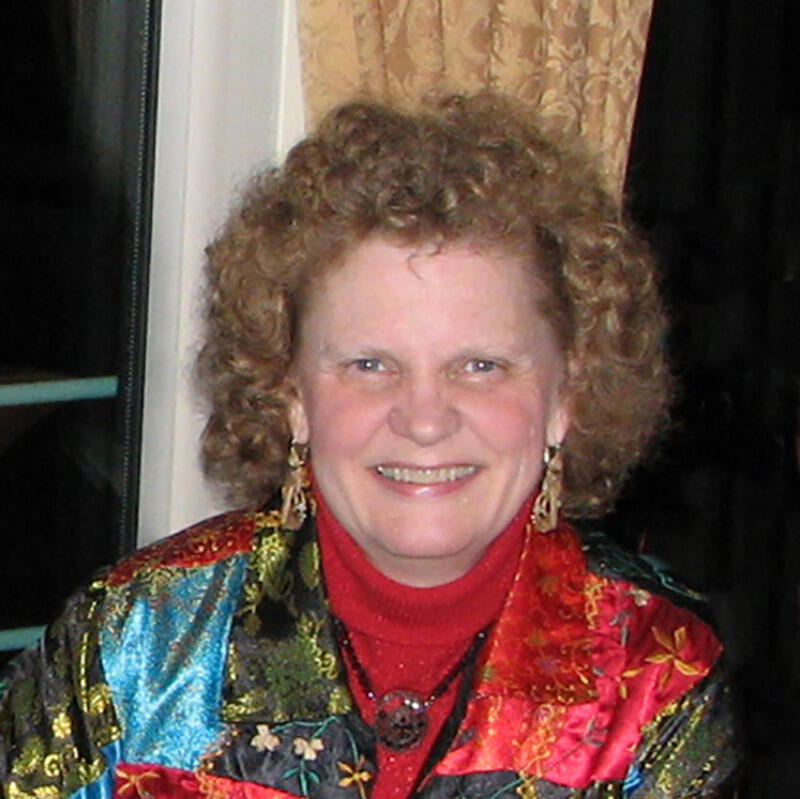Nov. 28, 2016
Researcher receives $2.5M grant to assist young people with intellectual disabilities gain competitive employment
Share this story

A Virginia Commonwealth University researcher has received a five-year, $2.5 million grant to help young people with intellectual and developmental disabilities — including autism spectrum disorder — to achieve competitive employment based on the individual’s choices, interests and skills.
The research grant from the National Institute on Disability Independent Living, and Rehabilitation Research in the U.S. Department of Health and Human Services was awarded to Katherine Inge, Ph.D., director of the Rehabilitation Research and Training Center on Employment of People with Physical Disabilities in the VCU School of Education.
The grant’s overall objective is to test the effectiveness of customized employment as an intervention to facilitate employment for youth with disabilities. Customized employment can include job development or restructuring strategies that result in job responsibilities being customized and individually negotiated to fit the needs of individuals with a disability.
“We want to demonstrate through research that customized employment is a unique intervention that can improve the employment outcomes of youth with disabilities,” Inge said. “Many people who advocate for segregated services believe that individuals with disabilities cannot work in the community and need special services. This grant hopefully will demonstrate that these individuals can be as successfully employed as their nondisabled peers and can be productive members of the community.”
The study’s target population is transition-age youth with intellectual disabilities between the ages of 18 and 24. The researchers will recruit participants in the Richmond area through schools and in collaboration with the Virginia Department for Aging and Rehabilitative Services, as well as at a site in Wisconsin through a collaboration with TransCen Inc., a nonprofit organization dedicated to improving educational and employment outcomes for people with disabilities.
“The goal is to research customized employment as a strategy to facilitate integrated employment in community jobs,” Inge said. “This is in contrast to placing individuals in segregated day programs where they earn less than minimum wages.”
Starting in the spring, the first group of 20 participants will be recruited in Richmond and 20 more will be recruited in Wisconsin. Over the next five years, the researchers aim to recruit a total 160 young people for the study.
“Our goal is to place a minimum of 80 individuals with [intellectual disabilities and/or autism spectrum disorder] into employment and track their outcomes comparing them to a group of individuals who receive services as usual,” Inge said.
The project is part of ongoing efforts by the Rehabilitation Research and Training Center on Employment of People with Physical Disabilities at VCU to conduct research and training that improves the employment outcomes of individuals with disabilities.
In 2015, the Bureau of Labor Statistics found that the percentage of individuals with disabilities in the labor force was significantly lower than the employment ratio of people without a disability, with just 17.1 percent for those with disabilities compared to 64.6 percent for those without, Inge said.
A 2015 report from the Kessler Foundation on employment of people with disabilities found similar results, she said. That report found that only 21 percent of people with disabilities were employed, compared to 59 percent of people without.
Inge said she hopes the study will serve as a model that leads to improved employment outcomes for people with disabilities across the country.
“We will be producing replication materials as well as resources that can be used by agencies nationally to improve their services to youth who wish to obtain competitive employment in the community,” she said.
Subscribe to VCU News
Subscribe to VCU News at newsletter.vcu.edu and receive a selection of stories, videos, photos, news clips and event listings in your inbox.













